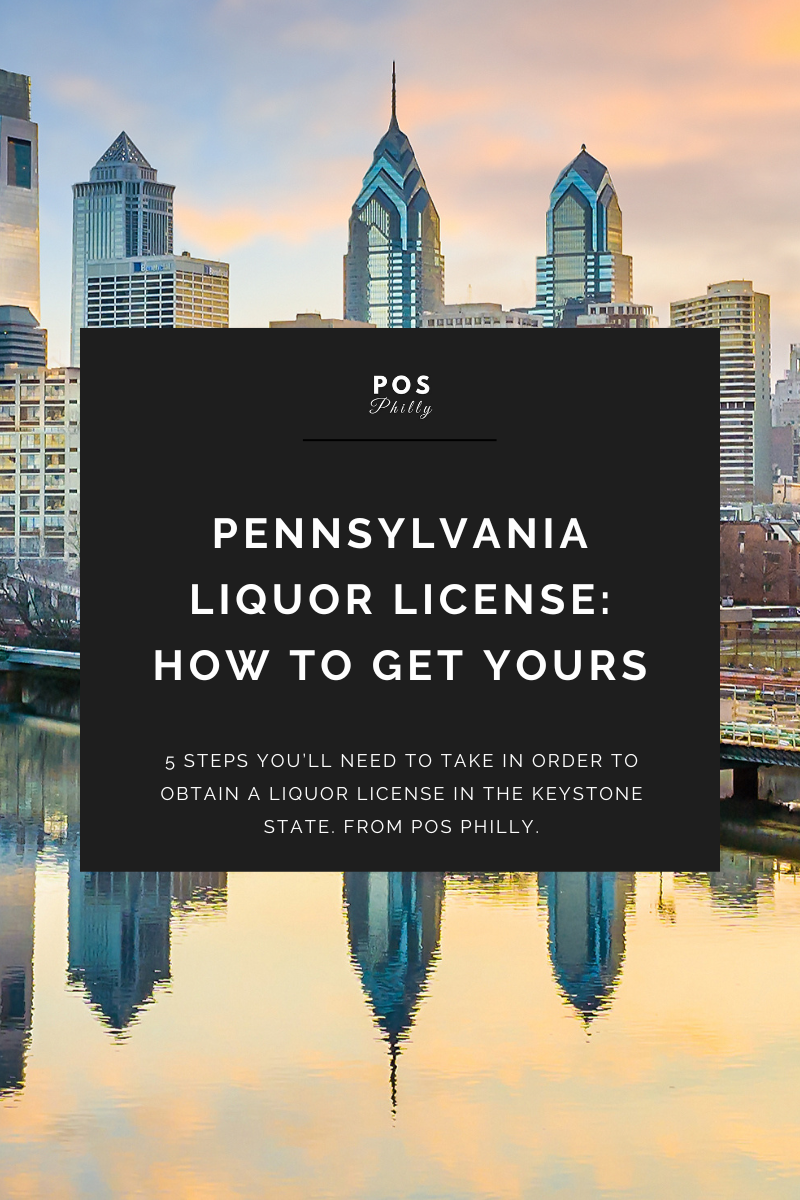
Obtaining a liquor license in Pennsylvania takes several steps. The Keystone State, like others, has different liquor license classifications to choose from. Additionally, applicants must pass background checks, be approved, and pay for licensing. POS Philly, your local SpotOn provider, is here to help you with our quick guide on how to get one. Here are 5 steps to take in order to receive a liquor license in Pennsylvania.
Understand The License Types
Restaurant Liquor License (R License): This license allows restaurants to sell beer, wine, and spirits for on-premises consumption. It typically requires the sale of food as well.
Eating Place Liquor License (E License): Similar to the restaurant license, this permits the sale of beer and wine for on-premises consumption at establishments that primarily sell food.
Hotel Liquor License (H License): Hotels can obtain this license to serve alcoholic beverages to registered guests for on-premises consumption.
Club Liquor License (C License): Clubs and private organizations can obtain this license to serve alcohol to their members and guests for on-premises consumption.
Distributor License (D License): This license allows for the sale of beer in original containers (e.g., bottles, cans) for off-premises consumption. Some distributors may also have the privilege to sell wine.
Restaurant Beer Distributor License (RBD License): This license permits restaurants to sell beer for off-premises consumption in quantities of 192 fluid ounces or more.
Transportation-for-Hire License (T License): This license allows for the sale of alcohol for on-premises consumption in vehicles such as limousines and party buses.
Limited Winery License (L License): Wineries can obtain this license to produce and sell wine, typically with the option for tastings and sales for off-premises consumption.
Limited Distillery License (LD License): Distilleries can obtain this license to produce and sell distilled spirits, often with options for tastings and on-site sales.
Brewery License (B License): Breweries can obtain this license to produce and sell malt beverages, often with options for tastings and on-site sales.
Brewpub License (BP License): Brewpubs can produce and sell malt beverages and food for on-premises consumption. They may also have the option to sell their products for off-premises consumption.
Winery Direct Shipper License: Allows wineries to ship wine directly to Pennsylvania residents for personal use.
Limited Winery or Limited Distillery Off-Site Permit: Permits limited wineries or distilleries to sell their products at off-site locations, such as festivals or farmers’ markets.
- Location Research: Identify the specific municipality or county where you intend to operate your business and verify if liquor licenses are available in that area.
- Business Plan: Develop a comprehensive business plan outlining your concept, target market, pricing strategy, and operational details. This plan will be crucial for your application.
Eligibility and Requirements
Meet Eligibility Criteria: Ensure that you and your business meet the eligibility criteria set by the PLCB for the desired liquor license type.
Background Checks: Expect thorough background checks for all principals and individuals associated with the business. Criminal history, financial standing, and other factors will be assessed.
- Application Preparation:
Download Application Forms: Obtain the relevant application forms from the PLCB website or office.
Complete Application: Fill out the application forms accurately and completely, providing all necessary supporting documents and information as requested.
Pay Application Fees: Pay the required non-refundable application fees associated with the license type you are applying for.
Submit to PLCB: Submit your completed application and all required documents to the PLCB, ensuring all guidelines and instructions are followed.
Local Approval
Municipal Approval: Obtain approval from the local municipality or county where your business will operate. This may involve public hearings and consultations with local authorities.
Public Notice: Fulfill any public notice requirements mandated by the municipality, such as newspaper publications or public postings.
PLCB Review: The PLCB will review your application, conduct background checks, and verify compliance with all legal and regulatory requirements.
Approval and Issuance
Approval Notification: Upon approval, you will receive a notification from the PLCB.
Pay License Fees: Pay the applicable license fees within the specified timeframe to finalize the process.
License Issuance: Once all requirements are satisfied and fees are paid, the PLCB will issue your liquor license.
Compliance and Operation
Adhere to Regulations: Ensure compliance with all state and local laws, regulations, and conditions outlined in your liquor license.
Record Keeping: Maintain accurate records related to alcohol sales, purchases, and other relevant business operations.
Renewal and Compliance: Renew your liquor license in a timely manner and continue to operate in compliance with all requirements to maintain your license.
Remember, the process of obtaining a liquor license can be complex and time-consuming. Seeking guidance from legal advisors or consultants experienced in Pennsylvania liquor laws is highly recommended to navigate the process effectively.
Opening a Bar? Get SpotOn & POS Philly
Now that you have a liquor license, it’s time to get a point-of-sale. Trust POS Philly. With 30+ years in business, we’re here to help you with your POS needs. Our SpotOn customers receive local customer service and support 365 days per year. Contact us today to get started.

